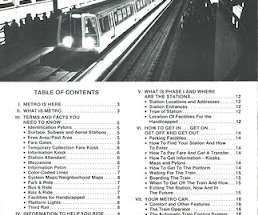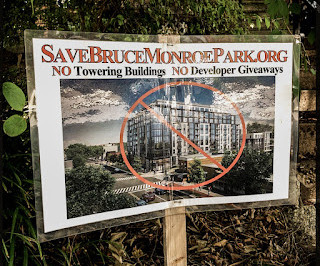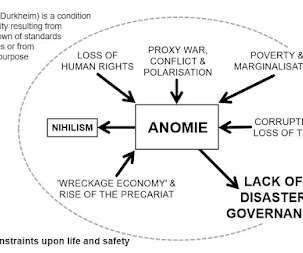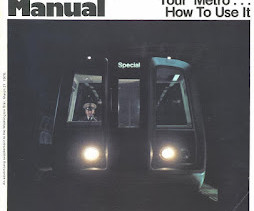WMATA is pathetic: of course it belongs to "the public"
Rebuilding Place in Urban Space
SEPTEMBER 23, 2022
In college in the early 1980s, the University of Michigan repositioned its focus on fundraising (what universities call "development") in part by hiring a top development official from Stanford, creating a new campaign, etc.--the the University has successful raised billions since. It begins with “What do we want Metro to be?”













Let's personalize your content